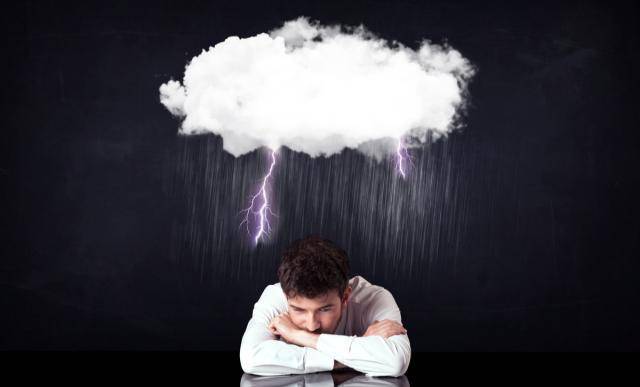Depression is a relatively severe, independent, emotional disorder characterized by a lack of interest in surrounding things, negative self-evaluation, and the tendency to generate adverse emotions such as suicidal behavior.
If persisting for more than two weeks, there is a high risk of depression. Apart from emotional distress, physical discomfort may also manifest, transitioning from emotional disorders to physical symptoms like unexplained body pain, indigestion, and poor sleep. Effective relief of symptoms and thorough improvement of the disease are possible only through a combination of depression treatment.
Does depression need maintenance treatment after being cured for the first time?
In clinical practice, it has been observed that patients with first-time depression may experience a second episode within five years post-clinical recovery. Thus, it is recommended in the clinical setting that patients continue maintenance treatment to prevent relapse.
Clinical recovery means full remission, indicating the complete disappearance of symptoms. Due to depression’s high recurrence rate, maintenance treatment is deemed crucial.
How long should maintenance treatment be after depression is cured?
For initial depression with significant positive family psychiatric history, marked personality defects, or symptoms of vegetative neurosis during menopause, maintenance treatment typically lasts 2 to 3 years. In the case of recurrent affective mental disorders, such as recurrent depression (unipolar depression), maintenance treatment should be continued for around 5 years, or even lifelong medication. The most significant misconception in maintenance treatment is patients discontinuing antidepressants and resorting to sedatives, which may lead to sedative dependence.
Under unstable sleeping conditions, depression recurrence is facilitated. For patients with recurrent bipolar disorder, a combination of an antidepressant and a mood stabilizer or low-dose antipsychotics for sleep assurance is recommended during maintenance treatment. For multiple recurrent manic-depressive episodes, advice should be given to patients and their families to maintain long-term medication.
Learn four ways to guide and relieve depression patients from “psychological crisis”
First, cultivate interests
Depressed patients often isolate themselves, avoiding social interactions. Encouraging participation in group or social activities and engaging in simple yet enjoyable activities can gradually uplift their mood and cultivate interests, beneficial for future treatment.
Second, patiently listen
Many depression patients feel isolated and cut off from society after diagnosis, filled with insecurity. Therefore, when interacting with depressed individuals, it’s essential to listen to their inner voice with a kind and sincere attitude, helping them realize the world is filled with love and that they are valuable members of society.
While patients express their feelings, a gentle and understanding approach without interruptions or coercion should be adopted to prevent negative reactions.
Third, guide actions
Depressed individuals often disconnect from the external world, leading a lethargic life with poor hygiene habits. Encouraging patients to consciously engage in achievable chores can promote a healthier lifestyle and create a sense of self-improvement.
For many depression patients, the unconditional love and care of family and friends are crucial. With consistent patience and care, family and friends can support the recovery of depression patients.
Fourth, practice empathy
Individuals with depression often experience sadness, anger, and low self-esteem, struggling to understand or appreciate the care provided by family members, often misinterpreting it as having ulterior motives.
When interacting with depression patients, considering their perspective, understanding, and continuous encouragement are essential.
Read more:
Focus on reducing excess fat on the abdomen for effective weight loss!
Do 16 types of vegetables really lower blood sugar levels? Here are 10 types that won’t help even if consumed in large quantities!
Is a postprandial blood sugar value of 6.8 normal according to the type 2 diabetes blood sugar comparison chart?


